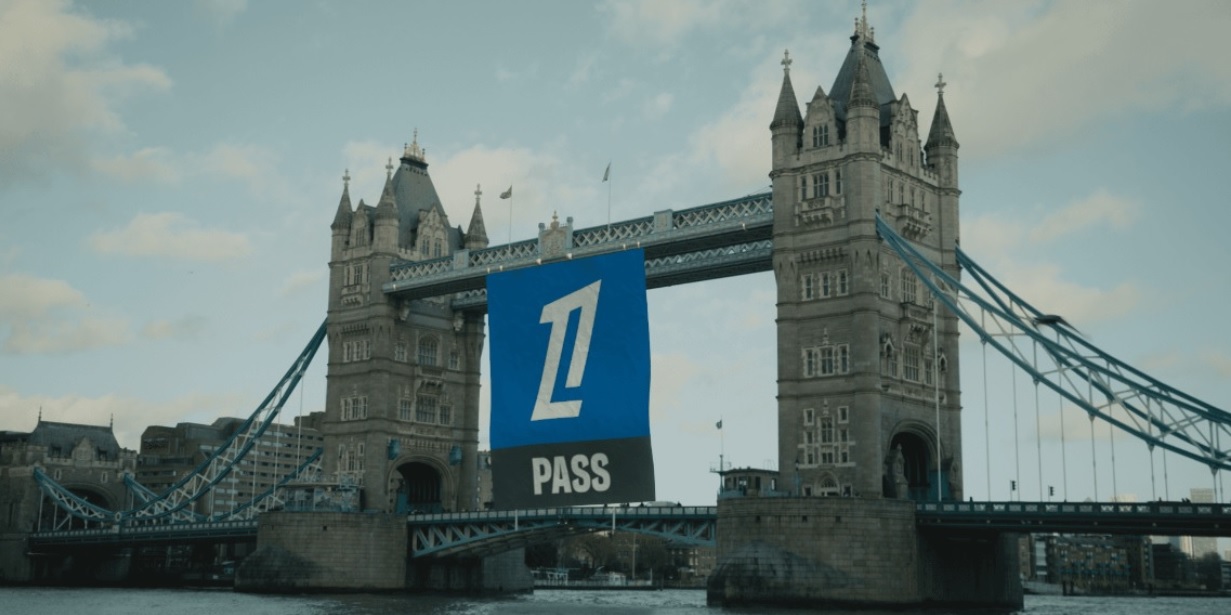Minister of Economy Paulo GeddesAnd defend the stock sale Give Petrobras as a way to help the poorest Brazilians. The minister’s idea is to sell the shares of the rising state-owned company and distribute the gains to the most vulnerable population.
“When the price of fuel goes up, fragile companies suffer. What if I sell some Petrobras shares and give them these resources?” the minister said at a news conference in Washington on Wednesday evening. It makes sense for the country to get richer and Brazilians to get poorer.
Calculations show, however, that the distribution of funds will have a limited effect.
Currently, the state-owned company has a market capitalization of R$391.5 billion and an issuance volume of more than 13 billion shares. According to the stock composition, the federal government holds 36.75% of Petrobras’ shares in its hands, equivalent to 4.79 billion shares.
Based on the closing price of October 14, if the government sold all the shares it owns in the company, it would raise R$144.23 billion. This amount will be derived from the sale of PETR3 (common stock) and PETR4 (preferred stock) securities.
see below:
PETR3
- Number of shares: 3,758,171,203
- Share value: 30.20 BRL
- Total value: 113,496,770,330.60 BRL
PETR4
- Number of shares: 1,035,458,754
- Share value: BRL 29.68
- Total value: 30,732,415,818.72 BRL
Total value by adding the two shares: 144.229.186.149.32 BRL
With R$144 billion in cash, it will be possible to help 13.5 million people in extreme poverty for 12 months, with a monthly assistance of R$890.30. or 52 million people living in poverty with R$231.13 per month.
The numbers of people living in poverty and extreme poverty date back to 2019, when the Brazilian Institute of Geography and Statistics (IBGE) released a summary of social indicators. It has not been updated since then and does not include socially vulnerable people after the covid-19 pandemic. Poll by Getúlio Vargas (FGV / Ibre) Shows an increase in extreme poverty in 18 states between November 2019 and January 2021.
For statistical purposes, the World Bank considers a person living in extreme poverty to be someone who lives on less than $1.90 per day (about R$10). The poverty line is defined by those who live on less than US$5.50 (BRL 30.30) per day.
Guedes said he was in favor of privatizing all state-owned companies, but in the case of Petrobras, an alternative could be to move the company to Novo Mercado, a segment with more demanding levels of governance that companies can only issue. Ordinary shares (with voting rights). He said the government could retain control of the state-owned company through a gold stake, but the change would generate an additional value of between 100 billion and 150 billion riyals for the company.
The Minister of Economy expects that the potential privatization of Petrobras will increase the value of shares PETR3 NS PETR4, ensuring more cash for the government.
In Washington, when he was talking about selling Petrobras shares, Guedes advocated using the money to transfer wealth to the poorest people and creating an anti-poverty fund from dividends from state-owned companies. In September, the state-owned company also announced R$300 million aimed at subsidizing cooking gas.

“Music fanatic. Very humble explorer. Analyst. Travel fanatic. Extreme television teacher. Gamer.”






More Stories
Do you use a Petrobras CNG truck? Understand the picture that became a meme
New strategy to get rid of telemarketing calls; Learn it!
Itaú will launch receivable tokens in 2022